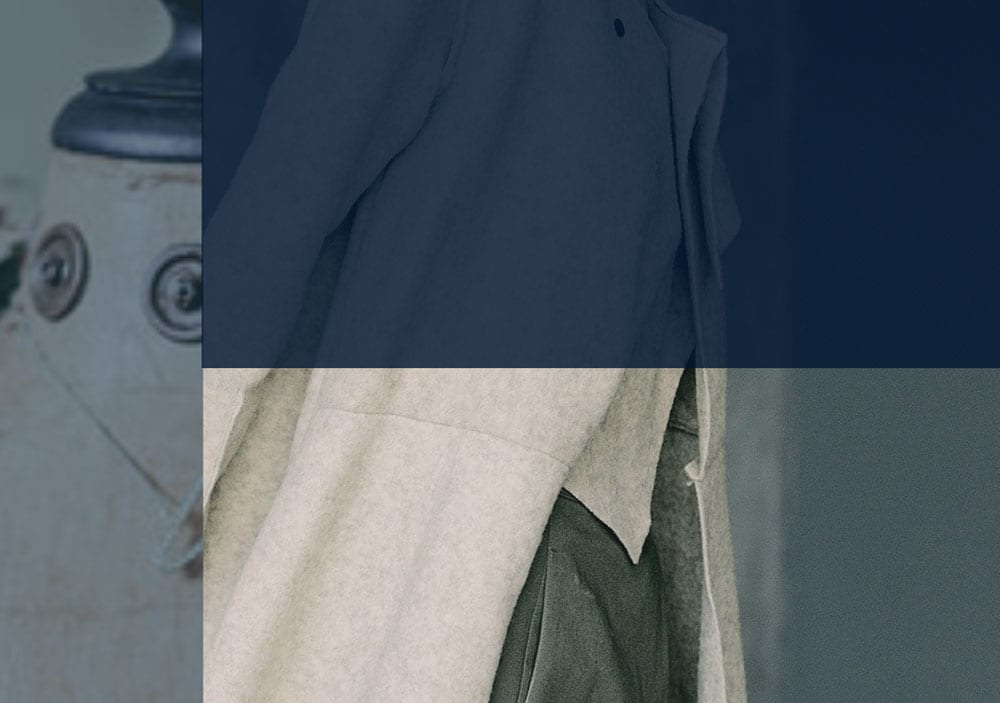Fostering Sustainable Practices—Can fashion designers create a more sustainable alternative future?
CUSP researchers have been awarded co-funding from the AHRC to investigate creative practices in design-led fashion micro and small enterprises (MSEs) as a driver for sustainable prosperity. As project work begins, Fergus Lyon is outlining the research agenda, and inviting fashion designers to participate in a short survey.

With the increasing emphasis given to the environmental impact of consumption, attention has turned to the fashion industry. Not only are there critiques of unsustainable production and the throw away culture of consumers, working conditions of those producing and designing are increasingly under scrutiny, too. Potential for designers is huge to be at the heart of rethinking the industry and how we consume for a more sustainable future.
Building on our research at Middlesex University with the Centre for the Understanding of Sustainable Prosperity, we wanted to look at how entrepreneurs can develop alternative approaches that solve environmental and social problems, while providing ‘good work’ and beautiful products. Together with the Centre for Sustainable Fashion at University of the Arts London and the Open University we examine the potential of alternative entrepreneurial behaviour and practices in the fashion industry. Specifically, we explore how designers and other businesses can challenge and disrupt established, wasteful and ecologically harmful practices.
Our new research project, Rethinking Fashion Design Entrepreneurship: Fostering Sustainable Practices will examine the diversity of new approaches. To get us started, we are asking designers and other businesses already working on these alternatives (however large or small) to spend a few minutes with us, sharing their ideas and challenges in a short online survey. Over the next two years, in addition to our examination, our project is aiming to develop a range of practical tools to support designers for sustainable fashion.
Early scoping work shows that some design entrepreneurs are already exemplifying many aspects of what Tim Jackson has termed ‘sustainable prosperity’ by incorporating environmental limits and planetary boundaries in their practices. They seek to provide ‘good work’ for all involved in the industry. They also seek to produce beautiful products, demonstrating that sustainability is not about hair-shirts and sandals but can be about beautiful sustainable products that last, give joy, and can be shared. Fashion design therefore needs to be focused on how we can live well within our limits.
Our research recognises that it can be hard for designers to run sustainable businesses. We will explore how organisations are finding ways of combining their environmental, artistic and social change objectives with running a viable business. Any businesses currently working on sustainable fashion in clothes, footwear and accessories are invited to find out more and join in this valuable work. If the UK is to play a leading role in the fashion industry of the future, such alternative businesses need to be at the forefront of the much needed transformation.
Survey
Designers working in micro and small fashion businesses are invited to join the project team in empowering micro and small fashion businesses to build a more sustainable future. The project team has launched a short survey that explores the creative practice and day-to-day experiences of designers/entrepreneurs. We are looking for designers who are running or have founded their own fashion business in the UK. Completing the survey should take no more than 15-20 minutes of your time. Taking part will give you an opportunity to become part of the research network and be one of the first to learn of the results. The team is committed to making your voice being heard.
About
Rethinking Fashion Design Entrepreneurship: Fostering Sustainable Practices is a project funded by the Arts and Humanities Research Council and led by Sandy Black and Dilys Williams at University of the Arts London in collaboration with the Open University and CEEDR Middlesex University.



